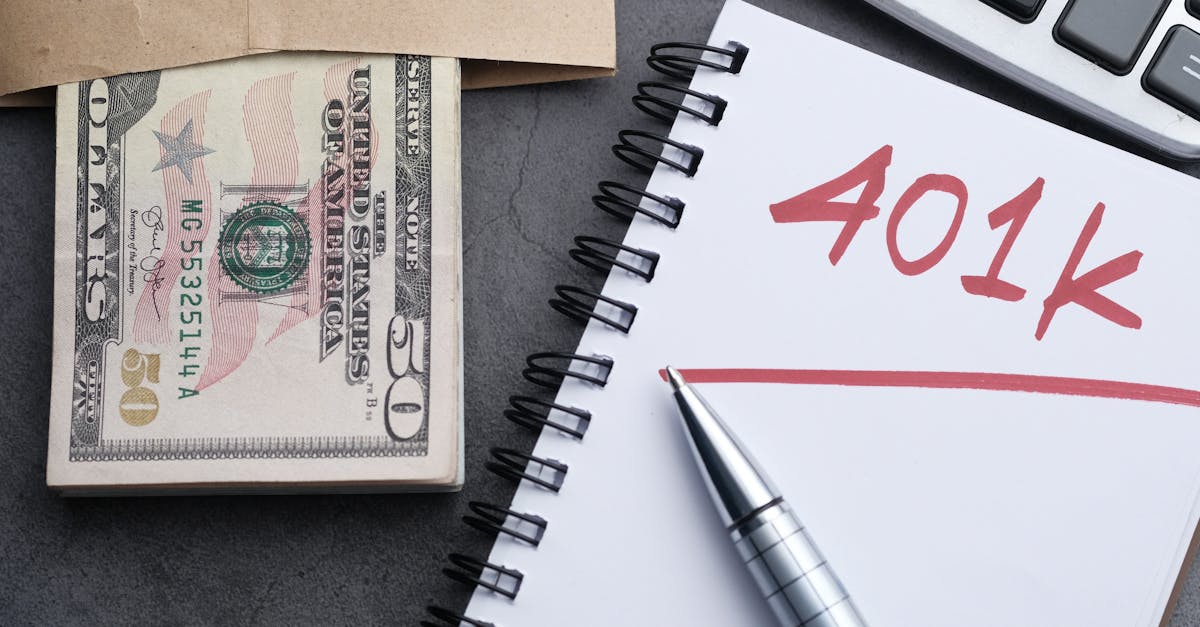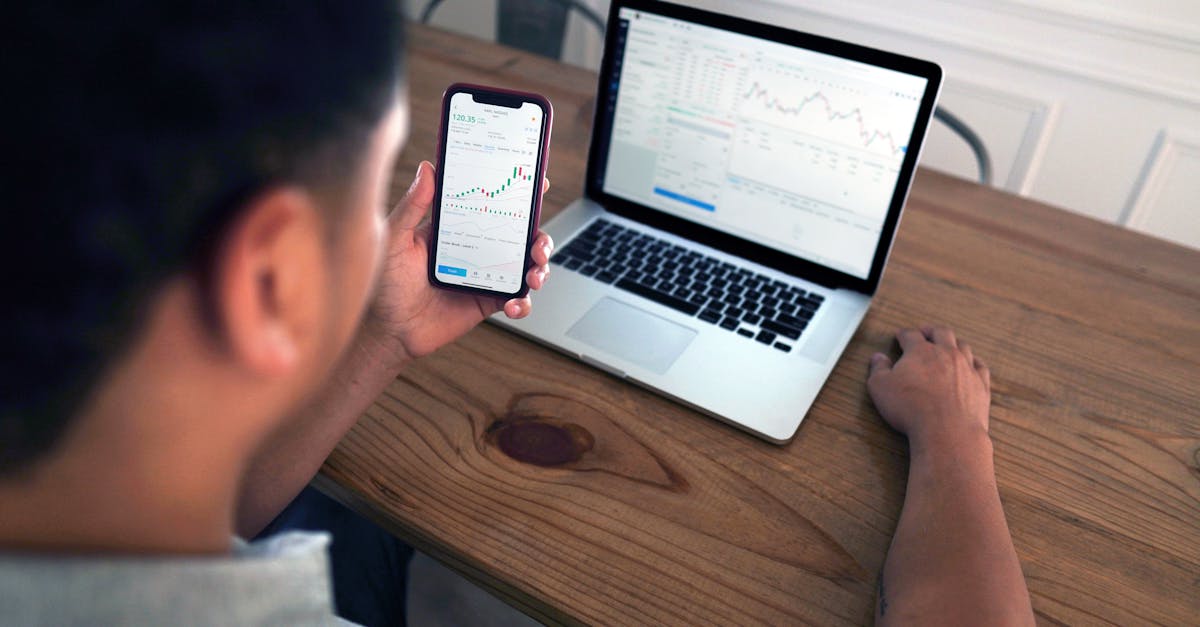Should You Lease Or Buy Your Next Car
Introduction
Deciding on whether to lease or buy your next car is a significant financial decision for many. Both options offer advantages and drawbacks that cater to different needs and lifestyles. Understanding the nuances of leasing and buying can help you make an informed choice.
Advertisement
Cost Considerations
Financially, buying a car often involves higher monthly payments compared to leasing. However, you're building equity in the vehicle. In contrast, leasing might offer lower monthly payments, but you'll need to return the car at the end of the lease term.
Advertisement
Mileage and Usage
Consider your driving habits when deciding. Leasing typically comes with mileage caps, often between 10,000 to 15,000 miles annually. Exceeding these limits can incur additional costs, which won't be a problem with ownership.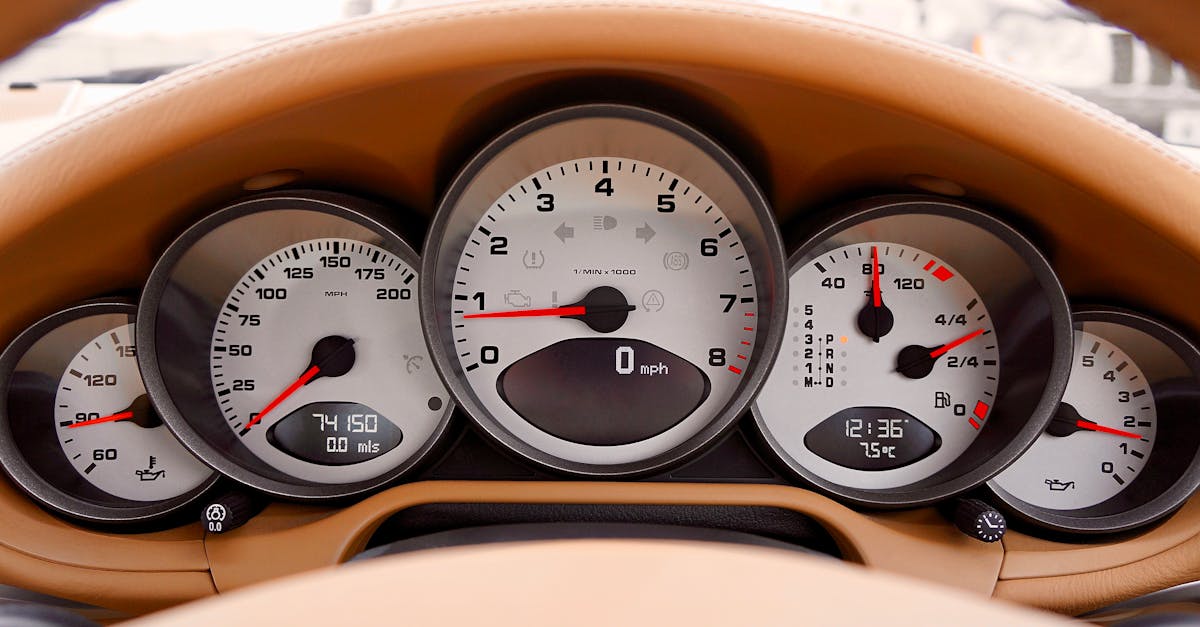
Advertisement
Maintenance and Repairs
Leasing a car might include maintenance packages within the lease agreement, alleviating some concerns about repair costs. When buying, all maintenance and repairs are your responsibility as soon as the warranty expires.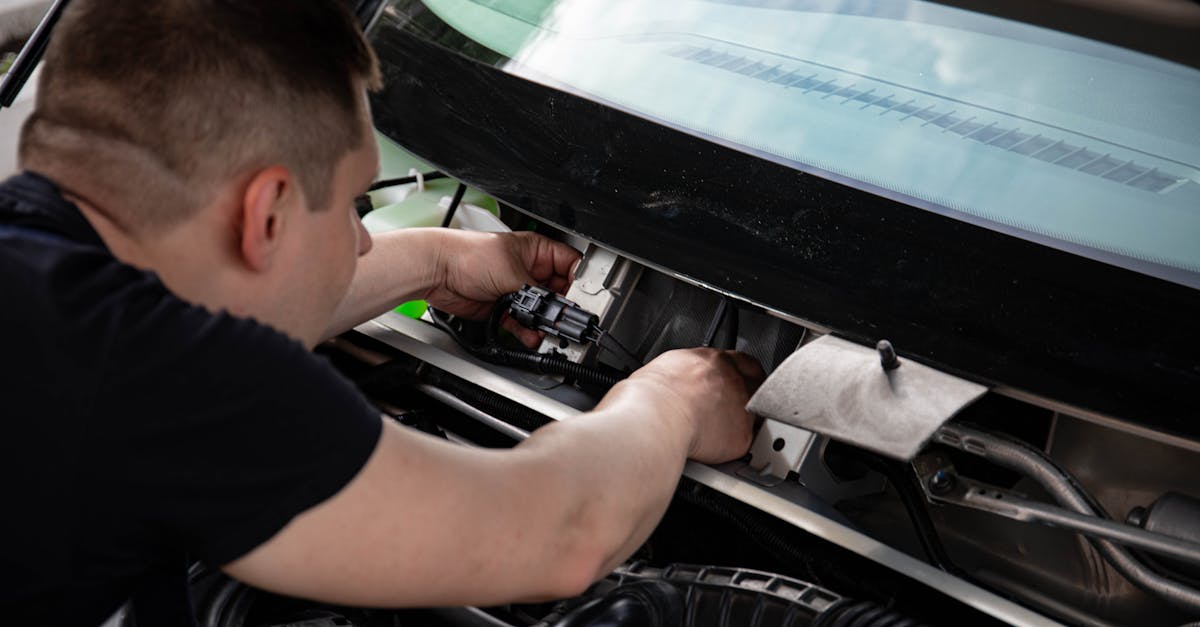
Advertisement
Residual Value
Buying a car means dealing with depreciation, affecting the vehicle's resale value. Lease agreements often predict depreciation, enabling you to switch cars every few years without worrying about resale complexities.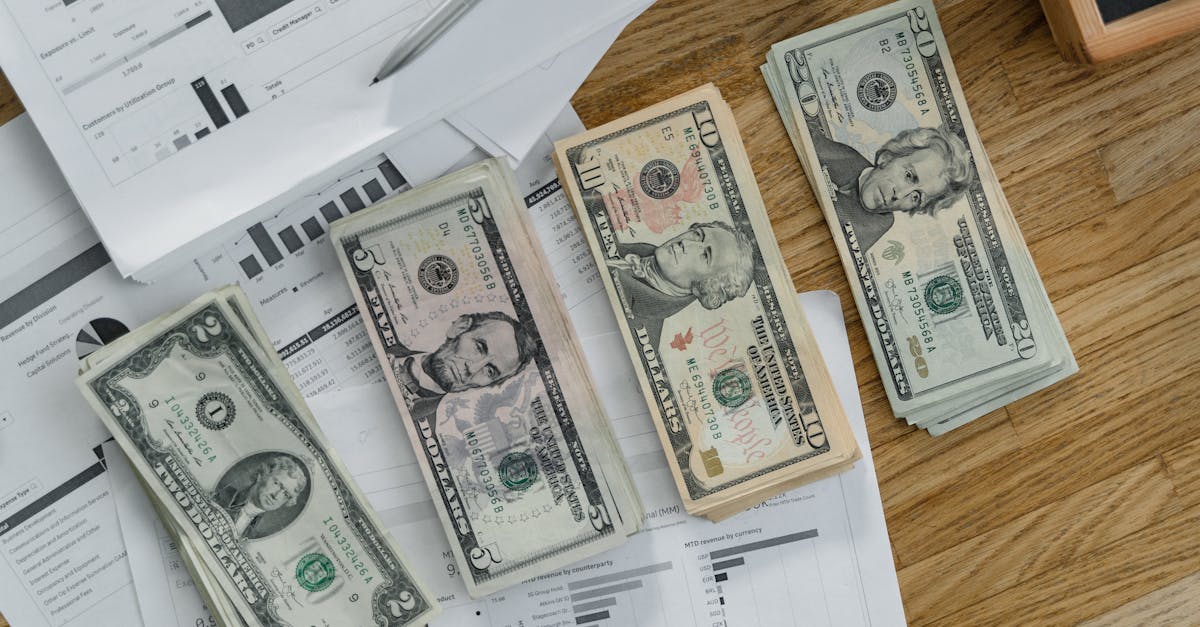
Advertisement
Flexibility and Commitment
Leasing offers flexibility through shorter terms, generally two to three years. This allows you to drive newer models more frequently. Buying involves having a long-term commitment but gives you the freedom to keep the car as long as you desire.
Advertisement
Customization Restrictions
Owning a car provides the liberty to customize or modify it as you please. Conversely, leased vehicles typically have restrictions on what changes you can make, limiting personalization.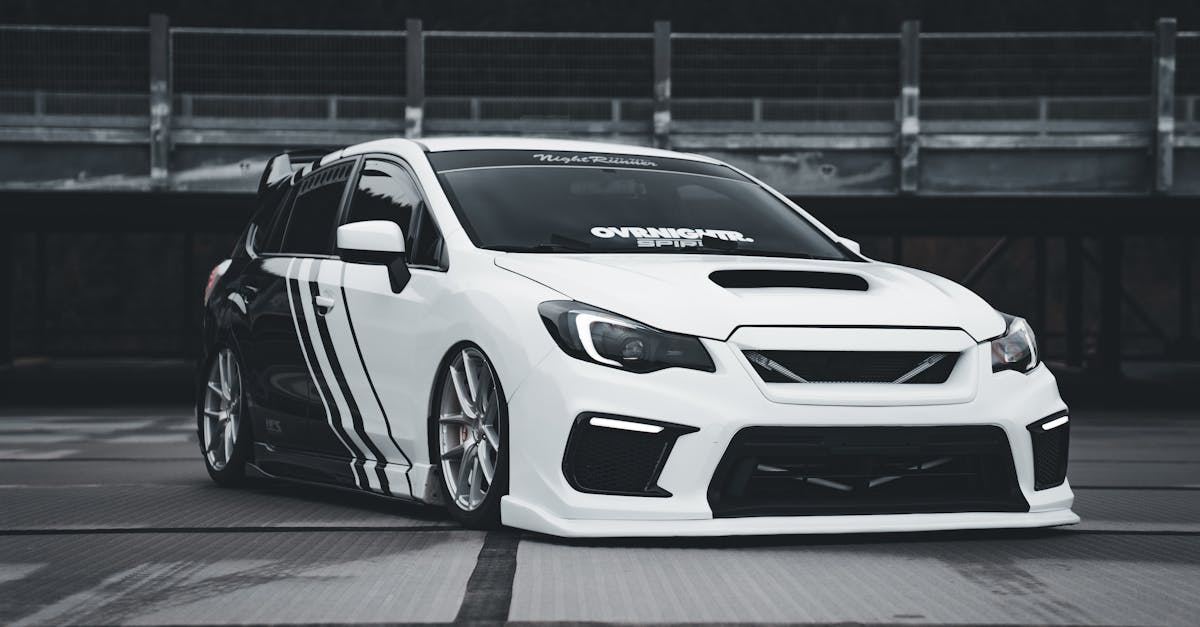
Advertisement
Insurance Implications
Insuring a leased vehicle could be slightly more expensive since lease providers often require comprehensive and collision coverage. Buying allows flexibility in choosing your coverage limits and deductibles.
Advertisement
Lifestyle and Needs
Reflect on your current lifestyle and future needs. If having the latest technology or design is crucial, leasing might fit you better. Buying typically suits those looking for long-term value, security, and stability.
Advertisement
Conclusion
In conclusion, the decision to lease or buy your next car depends on your financial situation, driving habits, and personal preferences. Leasing offers flexibility and lower monthly payments, whereas buying builds equity and offers long-term benefits. Assess your needs carefully to determine the best option for you.
Advertisement



